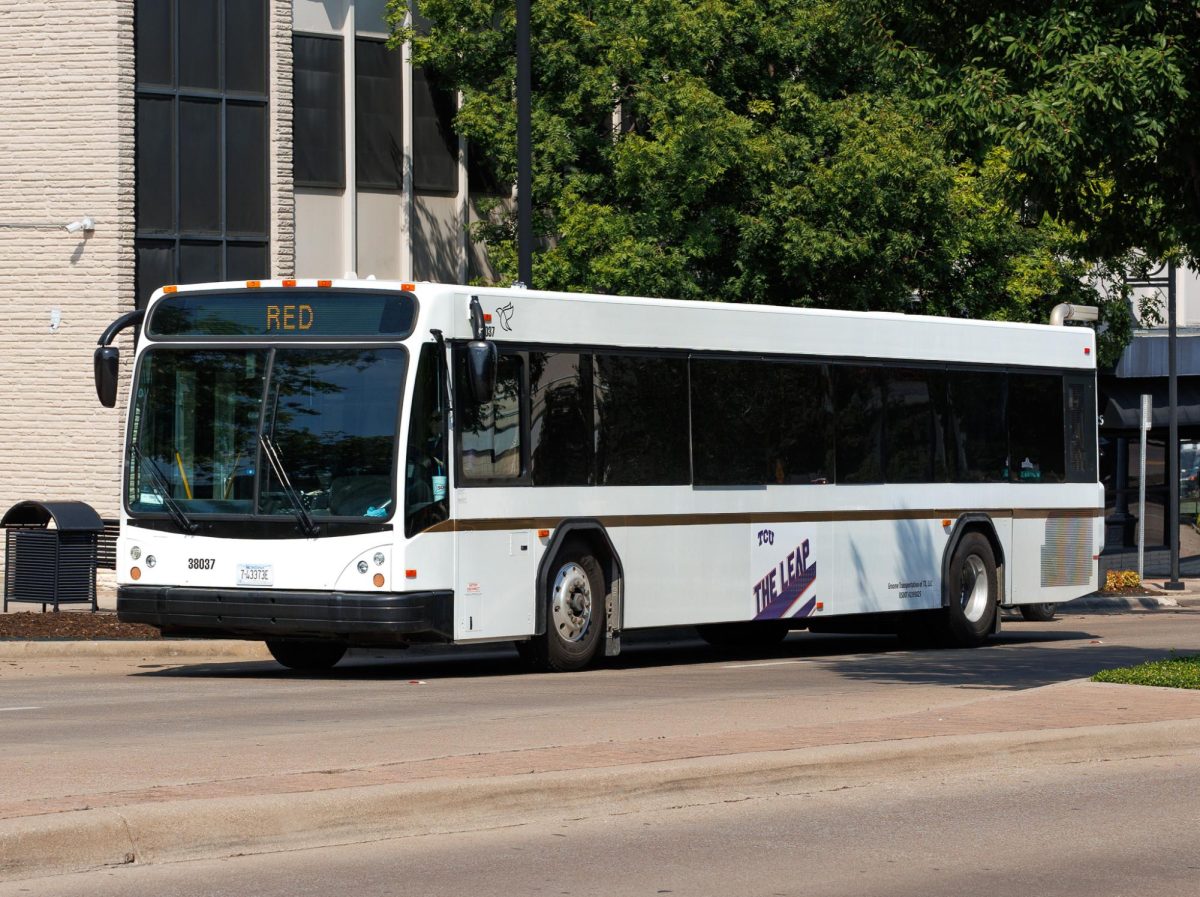Everything seems to be headed into the electronic realm these days.
“Snail mail” has been replaced by email, maps converted to GPS on our phones, even newspapers are being threatened by the power of online accessibility.
So, it comes as little surprise that e-books are becoming more popular.
E-books have instantly recognizable benefits: they are cheaper than buying textbooks (some have the rent option too) and they are interactive with hyperlinks to multimedia and other resources to help research a topic. There would be no more hurried trips to the bookstore, students would have lighter backpacks and many trees would be saved.
Its convenience seems undeniable, and during a time when college students are trying to save every penny, e-books seem like a good option.
Ultimately, choosing traditional print copy or the electronic version would depend on a student’s preferred learning style. Some students are visual learners while others may not be as comfortable with the technological aspect of e-books.
However, there is the possible scenario of accidently deleting an e-book the night before a final exam.
While cheaper and more sustainable, a world without traditional books seems unimaginable. A time when libraries are extinct – unfathomable.
For education, however, e-books may better supplement a student’s learning experience. Given the choice to read the transcript of Martin Luther King, Jr.’s “I Have a Dream” speech or watch King deliver it creating a defining moment in American history, most would prefer the latter.
News editor Sneha Antony for the editorial board.




